If you want to get to the core of who someone is, you talk to their parents — or so was my operating assumption when I started working on a book I planned to write about Martin Shkreli. One of the things that made me most curious about the infamous “Pharma Bro,” and which made me doubt all the internet haters claiming he was a “greedy psychopath,” etc., was his humble childhood.
Little had been written about his family — they seemed determined to stay out of the limelight — but from what I knew, his parents were Albanian immigrants. They worked as janitors while raising four children in a heavily working-class and Eastern European section of Brooklyn.
Told in those broad strokes, his origin story sounded like the stuff of Horatio Alger myth: While growing up, more or less poor, he got into one of the country’s most elite and competitive public schools, Hunter College High School (alums include Hamilton creator Lin-Manuel Miranda). As a teenager, he landed an internship at CNBC personality Jim Cramer’s hedge fund. Soon after that, he launched his own hedge funds, and then a drug company, and then eventually he ended up on the Forbes 30 under 30 list.
But I had an intuitive sense, from growing up in a middle-class household in Kansas City, Missouri, and then flinging myself into the thickly competitive media industry in New York, that there was likely more going on in his childhood than what appeared on the surface.
Outsized ambitions and colossal downfalls, such as what Martin experienced during the public controversy over his drug pricing and his arrest on securities fraud charges, are not seeded in a vacuum. For some reason, he must have felt desperate to prove himself, at all costs, even at the risk of losing it all. I wanted to find out why.
I finally got to meet Pashko and Katrina Shkreli on June 1, 2017. Martin suggested The Palm, an old-school New York steakhouse a few blocks from his apartment in Murray Hill.
Pashko, who was in his 60s, had sharp cheekbones, dark brows, and what looked like it was once very dark hair, although it had gone gray. Katrina, perhaps half a decade younger than Pashko, had gentler features, with softer, lighter skin. Martin was an even split: He had his father’s hair and angular cheeks, but otherwise, he favored his mother.
We smashed ourselves into a booth in the back corner of the restaurant, with Pashko and Katrina on one side, and Martin and I on the other. Although Martin had taken pains to explain to his parents that I was just a journalist writing a book, I felt a nagging sense that we looked like a couple to anyone who might have been observing us. I also sensed Pashko’s and Katrina’s disappointment that they were here to meet with a reporter…and not a future daughter-in-law.
Pashko informed me that they had not met even one of Martin’s many girlfriends, and they were very eager to see him settle down. Katrina, who was less confident in her English than her husband, told me haltingly that she had refused to retire from janitorial work, despite Martin’s repeated urging, until her son was married “with a baby.”
(Later, in a letter to U.S. District Judge Kiyo Matsumoto asking for leniency in Martin’s sentencing, Pashko mentioned that “on a couple of different occasions Martin brought home his girl friends” to meet his parents as a teenager. But I suspected that was possibly a small lie intended to make Martin sound more “normal” to the judge. Martin’s closest high school friend, whom he remains in contact with to this day, told me that Martin was exceptionally private about his family, and that he had never met Martin’s parents or seen their apartment.)
The topic of Albania came up, and father and son were soon bickering at length over the various nationalities and ethnic groups in the Balkans. Martin often garbled this bit in media interviews when asked about his family origins. “Albanian” is both a nationality and a distinct ethnicity — many Albanians live in surrounding countries.
Finally, I took out my notebook and got down to business, starting with the most simple, direct question: How did Pashko and Katrina end up moving to America? Pashko’s dark eyes sparkled; he had wanted to tell this story for a while.
He launched into a tale of escaping from the communist regime in Albania in the late 1960s when he was in his early teens. (“We wanted a better life,” he said, simply.) He and his family smuggled their way into Italy, where they were shuffled from refugee camp to refugee camp, before he finally came to America in 1968.
The rambling narrative was sprinkled with hyperbole. I could see where Martin, always talking in Trumpian bravado, had picked up that rhetorical habit. Pashko was deep into recreating dialogue with someone he had spoken with at one of the camps, and talking about having to eat horse meat when Martin stopped him: “Dad, this isn’t a book about you.”
Pashko looked at me sternly and wagged a finger. “If I talk too long….” he made a motion indicating I was free to cut him off. “You don’t have to be nice.”
I laughed.
“Christie might have a problem with that,” Martin said, taking the initiative to speak for me.
I smiled at Pashko. “Martin is right, I am very nice. But I’ll let you know. So when did you come here?”
Martin’s father continued: When he arrived in New York City, after being sponsored by a relative, he gazed dreamily at the buildings of Manhattan. “It was overwhelming,” he said.
I looked over at Katrina, and asked how they met, hoping to nudge her into the conversation. But Pashko kept talking. He explained their marriage was arranged by family members, which was not uncommon at the time for Albanian immigrants.
He had been working in a bar in Manhattan in 1980 when an acquaintance walked in and showed him a picture of his niece, who was in Montenegro. “I still have it,” he told me, about the picture. He turned to Katrina: “You were better than the picture,” he said. She smiled.
They settled into an apartment in Midwood, an immigrant-heavy neighborhood in Brooklyn, found jobs, and started a family. First came Nora, then Martin, then Mark, and then Anna.
Without me having to ask, Pashko started to talk about Martin’s early signs of high intelligence.
“I could see he was different — it was like he could absorb everything,” he said. Pashko had bought an English translation of the Kanun, a volume of traditional Albanian customary laws, which was published (the English version) when Martin was about 5 years old. Pashko was shocked when he discovered that not only had his son read the work, but could remember its contents almost perfectly.
Martin explained to me that the book was unusually entertaining for a legal text.
“Punishments were meted out in farm animals,” he said.
Speaking up, Katrina added that Martin had ended up skipping the first grade at the local public school, and went directly into second grade. As a kid, he liked basketball, math, and chess, and won multiple chess trophies. He also became interested in the stock market.
Teachers told Katrina and Pashko that it was difficult to challenge him. Pashko bought him an IBM computer (Martin soon tied up the family phone line by using dial-up internet) and gave him $2,000 to start an eTrade account.
“I felt like he’s so special,” Pashko said. “I felt like we have something that’s going to be very special.”
That feeling only intensified when Martin made the cut in the entrance exams for Hunter College High School. The public prep school, for grades 7 through 12, which is located far into Manhattan’s Upper East Side, accepts only the highest-scoring students. Big things are often expected of graduates.
The pressure overwhelmed Martin. Not long after he began at Hunter, as a rail-thin kid in his early teens, he suffered from panic attacks. Martin explained how the first time it happened he suddenly felt faint and out of breath, and like he was having “a heart attack.” He went to an emergency room, but “nothing was wrong.”
I nodded knowingly. My own panic disorder had started under somewhat similar circumstances. I was 19 and had just started college where I had quickly become, much to my surprise, a star reporter at the student newspaper. The disorder reared its head again aggressively when I began a prestigious fellowship program at Columbia University in 2016. Imposter syndrome seemed to be a major trigger.
Compounding the situation for Martin, mental afflictions like anxiety and depression were stigmatized and not much discussed in Albanian culture. When people showed signs of mental illness in rural Albania “they put them in a cellar,” Martin said. Pashko nodded grimly in agreement.
As Martin’s anxiety surged, his grades suffered. He eventually dropped out of Hunter and completed his studies through an alternative school, before getting a business degree at Baruch, a city college. Despite his high hopes for his son, Pashko was supportive, Martin told me.
“When I academically hit bottom, Dad saw there was a silver lining” and told his son “it will get better,” Martin said. He added that as a result of his father’s kind words, there was a “great weight lifted off of my shoulders.”
But it was not so obvious to me, by the look of things, that the “weight” was gone. Martin’s meteoric trajectory suggested that there was a voice, somewhere in the back of his mind, telling him he needed to be the “golden boy” his family had always wanted him to be. (Also he never quite got over dropping out of Hunter — he later donated $1 million to the school.)
However, his parents loved him, no matter his fortunes, the drama over the drug pricing scandal, or the criminal securities fraud trial he was about to face.
“He took care of himself young,” Pashko said. “We didn’t have to pay for his college. He grew up quick. Sometimes I feel bad.”
I tried to glean what more I could about Pashko and Katrina, Martin’s upbringing, and their culture. Albania was a relatively poor country in Europe, and largely agrarian. Pashko said coming to America in the 1960s was like suddenly jumping ahead “in the future 200 years.” Although ethnically homogenous, Albanians came from varying religious traditions: Most were Muslim, but a significant number, including the Shkrelis, were Catholic.
While at times he seemed ambivalent about his heritage, Martin had traveled to Albania once with his family as a child. Laughing, Martin recalled that they came across a thirsty-looking donkey, and he — always an animal lover — gave it the family’s supply of clean drinking water. (Safe tap water was not a given in Albania.)
The conversation then wandered toward politics and I asked if Pashko and Katrina, who were naturalized citizens, voted in the 2016 presidential election. Pashko shook his head: “I didn’t like none of them.” But he then grumbled about the victor, former President Donald Trump. Katrina said she also didn’t vote in 2016, but she had voted in one presidential election previously.
“You voted?” Martin asked his mother, sounding surprised. (Despite showing public enthusiasm for Trump, Martin also did not vote in 2016, or so he told me.) “Who did you vote for?”
Smiling sweetly, Katrina replied: “I voted for Obama.”
Eventually, it was time to call it a night. Martin had plans to watch a basketball game with some friends and a nearby sports bar, and I had to get back to my apartment in Brooklyn. Martin offered to pay the bill, but I handed the waiter my credit card instead.
As we were leaving the restaurant, I asked to take a photo of the three of them together, and they happily obliged. Looking at them, it was astonishingly easy to block out Martin’s infamous persona, and all the blistering media rhetoric about him. They looked like just any other family.



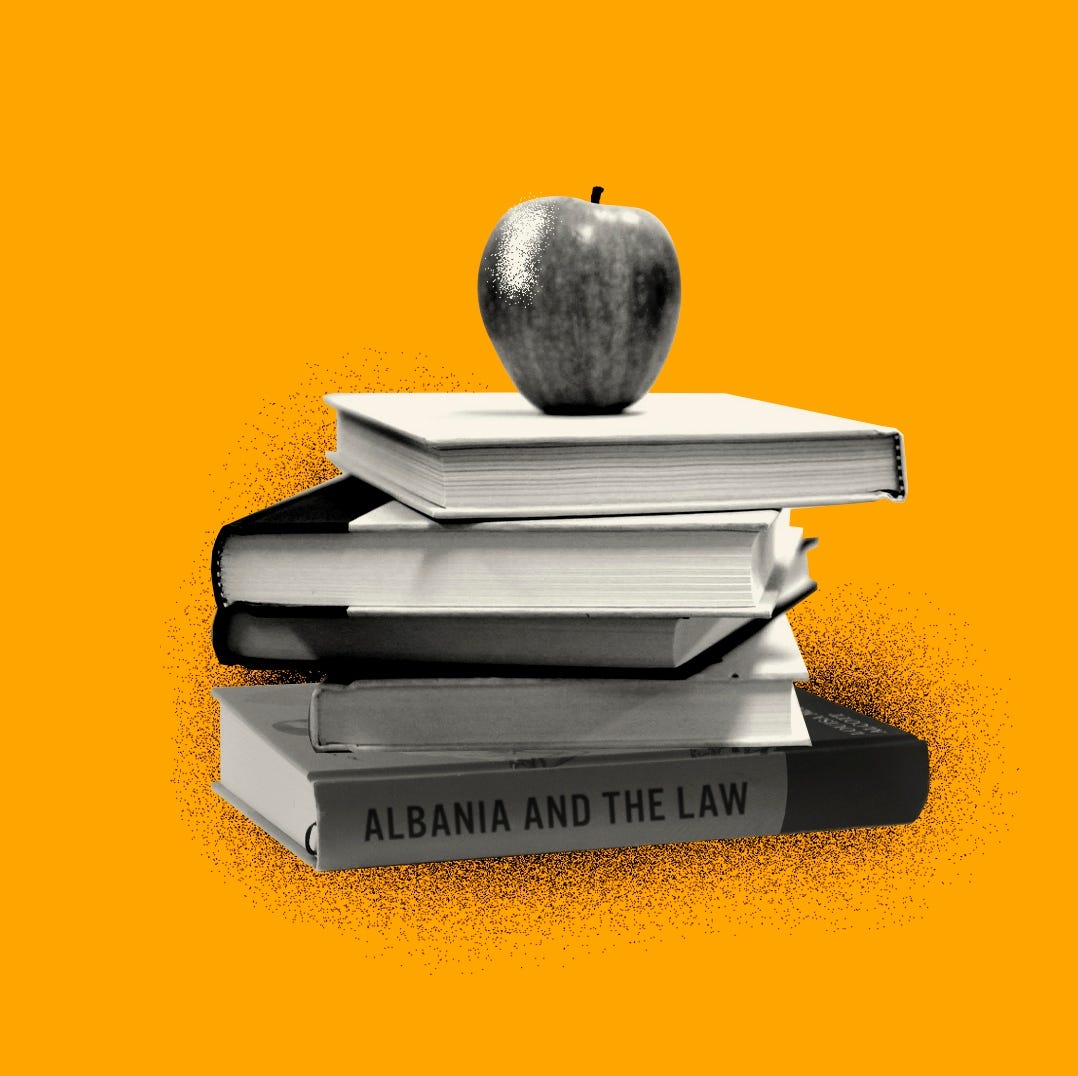





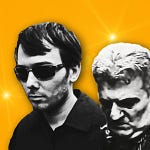

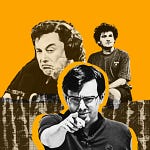
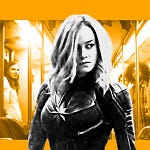


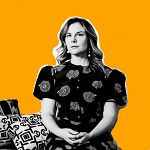
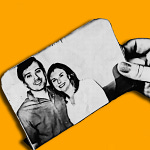
Share this post